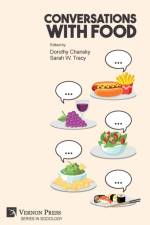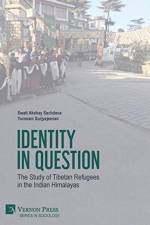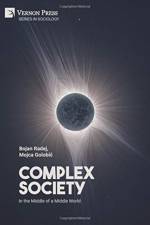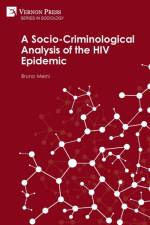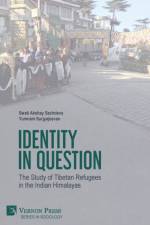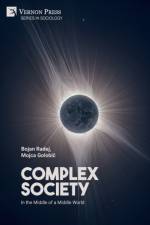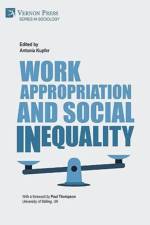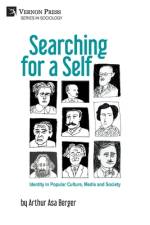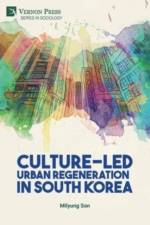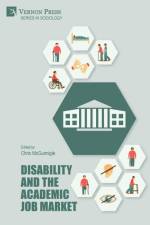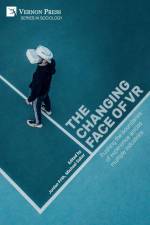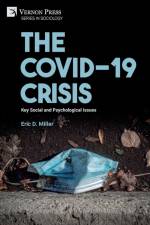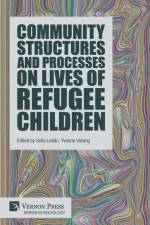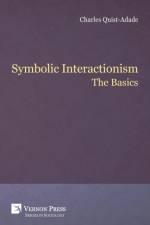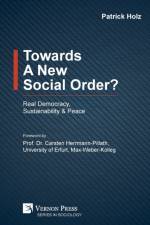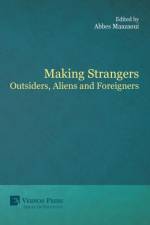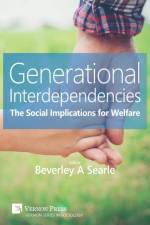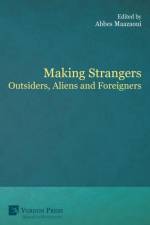av Arthur Asa Berger
535,-
How do people turn out the way they do? How do they "arrive" at themselves and attain an identity? How are our identities affected by our birth order, our hair color, how tall or short we are, our intelligence, our occupation, our race, our religion, our nationality, the socio-economic level of our parents (or our being raised in a single-parent family), where we are born and where we grow up, the language we learn, the way we use language, our fashion tastes, our gender, our education, our psychological makeup, chance experiences we have, the people we marry (if we marry), and countless other factors? There are numerous matters to consider when dealing with identity, which, as Nigel Denis, the author of 'Cards of Identity', reminds us, "is the answer to everything." 'Searching for a Self' takes a deep dive into the question of identity formation from various perspectives; it is written in a reader-friendly accessible style and makes use of insightful quotations from seminal thinkers who have dealt with the topic. Split into two parts, the first "Theories of Identity," offers evaluations of identity from semioticians, psychologists, sociologists and Marxists while the second, "Applications," offers case studies on topics such as Russian identity, Donald Trump's identity, fashion and identity, LGBTQIA+ identity, Orthodox Jewish identity, elite university education and identity, tattoos and identity, travel and identity, and politics and identity. Covering a wide array of subject areas, this book will be a valuable resource for undergraduate students taking courses in identity, sociology, psychology, cultural studies, and other related fields.


